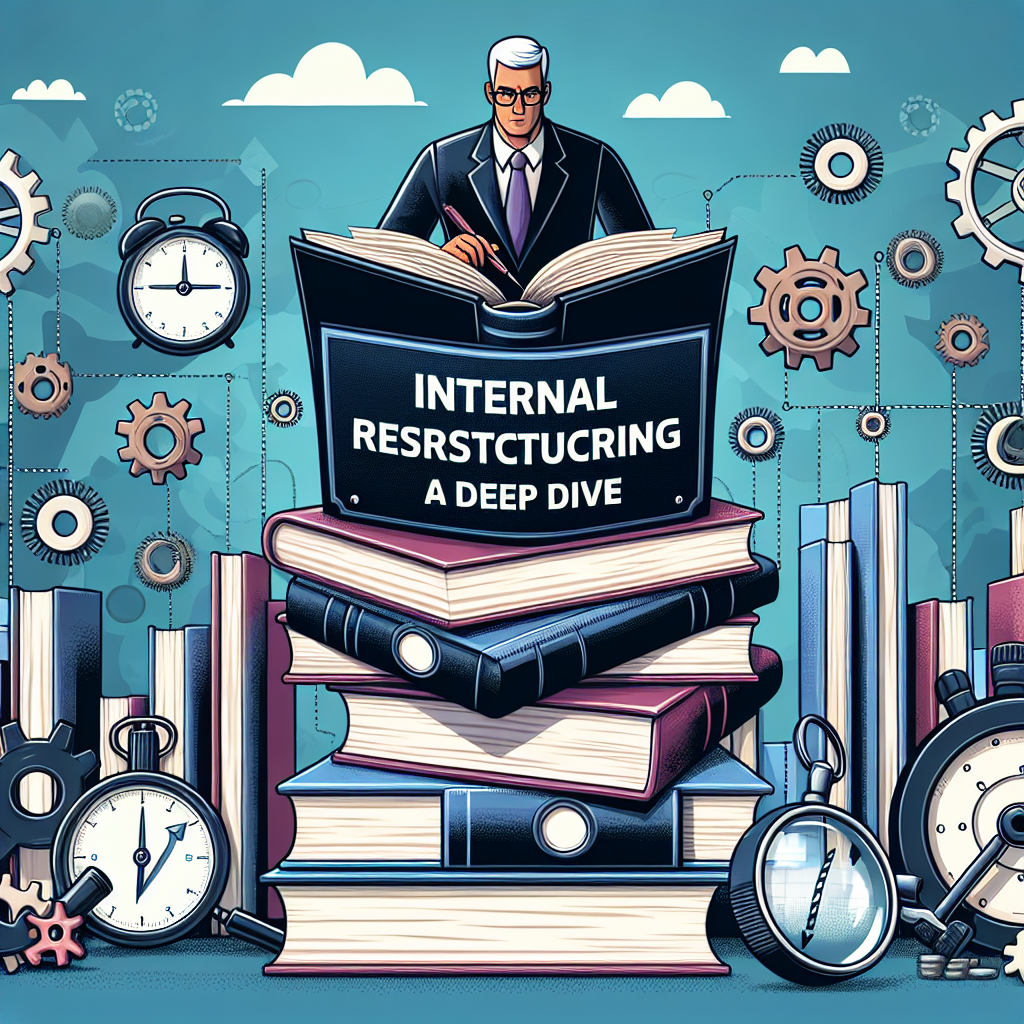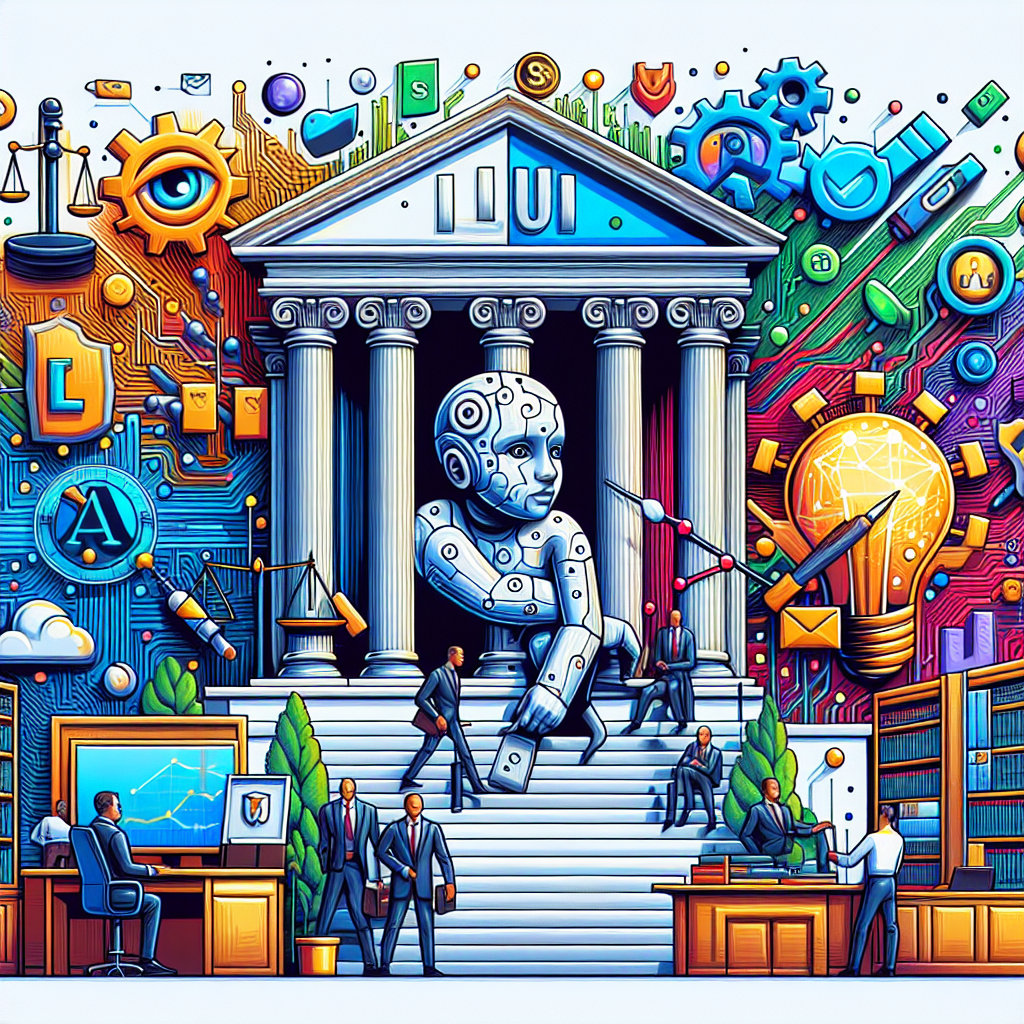Tag: AI Research
OpenAI, a leading artificial intelligence research organization, is considering a substantial internal reorganization. The potential restructure could impact ...
An exclusive report has indicated that OpenAI, an eminent artificial intelligence research institution, is seriously pondering a considerable ...
Elon Musk Criticizes OpenAI’s Profit Model Change Elon Musk, the billionaire entrepreneur behind Tesla and SpaceX, is challenging ...






